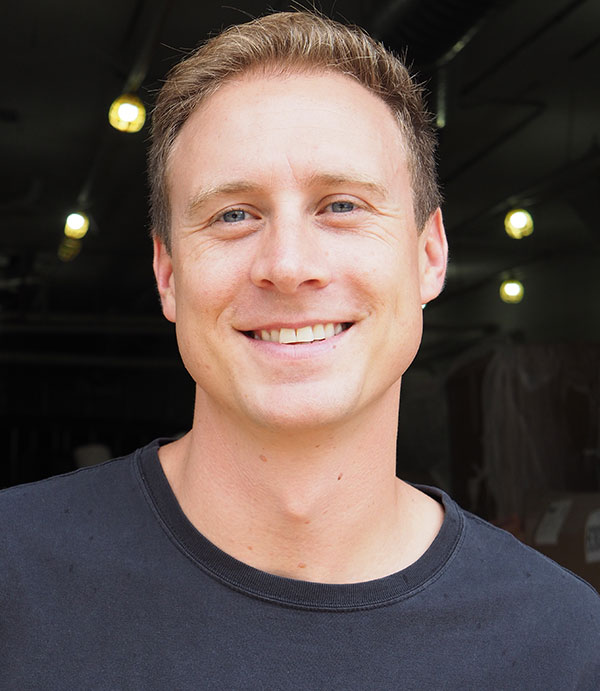People often think of democracy as a sort of “majority rule” system, where everyone gets to vote on leaders and laws and the result is that the largest number of people are happy.
But modern democratic systems were not designed with the idea that popular consensus is “true” in any sense. They were designed to leverage reason and logic to find errors in our thinking and fix them, with the goal of making continual (even infinite) progress towards improving the system.
The goal is to find the truth, not appease the majority.
The word “democracy” does not appear anywhere in the Declaration of Independence or the U.S. Constitution. This shouldn’t come as a surprise to anyone who’s tried to get something done in an organization of any size where everyone has an equal say, and experienced the resulting gridlock and mediocrity in decision making. Letting everyone weigh in is akin to trying to make everyone happy. It’s a futile recipe for stagnation and disorder, and the Founding Fathers realized early on that while popular rule was preferable to tyrannical monarchies, there would need to be checks and balances on all participants in the system, including voters.
“But it is the reason, alone, of the public, that ought to control and regulate the government. The passions ought to be controlled and regulated by the government.”
Federalist Paper no. 49
The ideal governing system would continually correct errors, and allow the government the minimum power necessary to promote stability and allow for inevitable errors to be corrected quickly and transparently.
The key here is that the errors are inevitable. No matter how long a decision or policy is deliberated, the resulting decision will have errors. The anticipated errors are often called “tradeoffs” by people who support the idea, and “reasons not to do it” by detractors.
Unanticipated errors are also inevitable, and these are traditionally used to bash in the heads of anyone involved in the original idea.
But this process of identifying errors is where all progress comes from.

I run a small SEO consulting business in San Francisco, CA. I like to write a little bit and get in arguments with my friends. It’s the only way I can make sense of the world.
